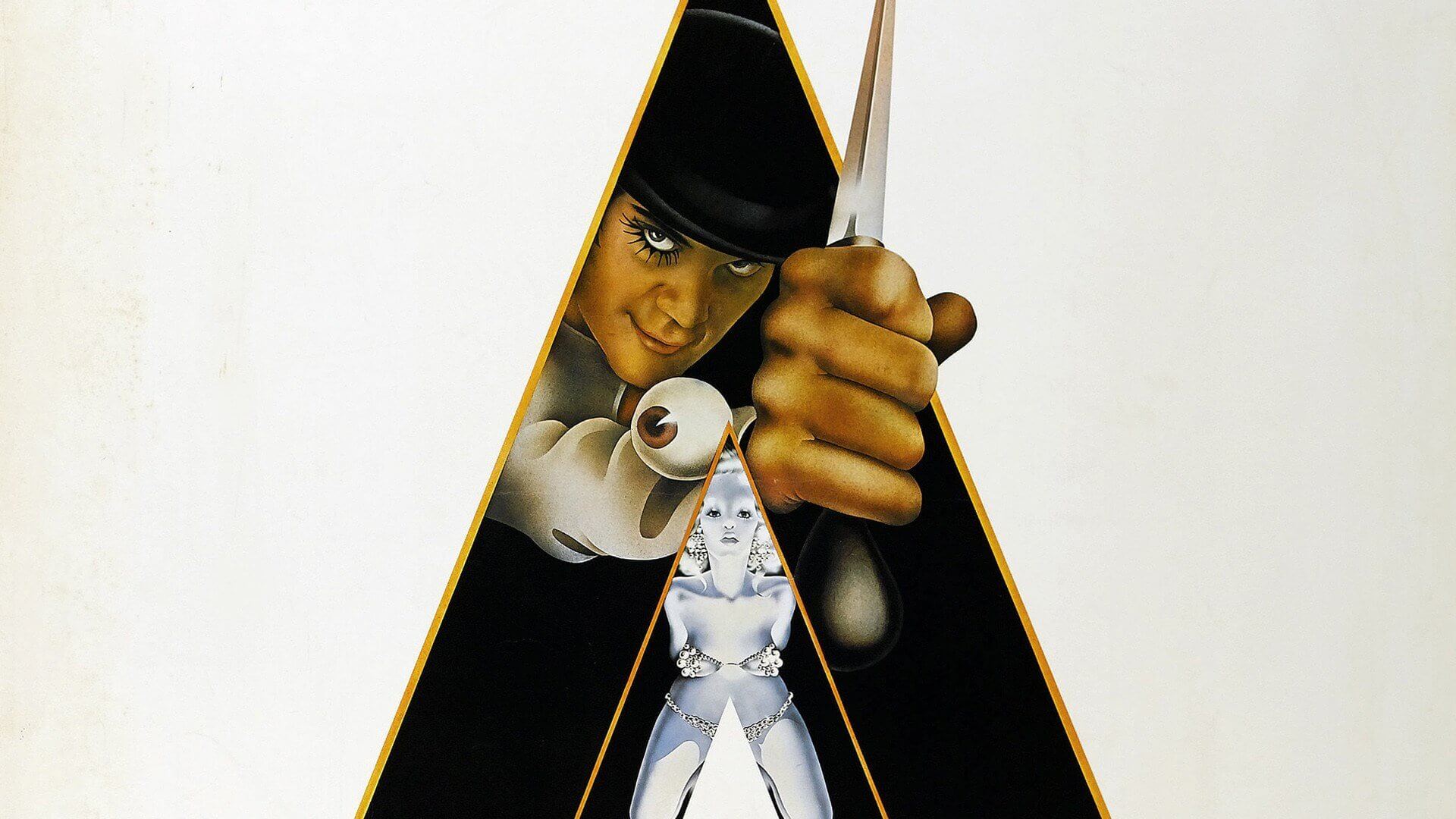

Young people, born after Millennials, are even being called " Zoomers" by some, but Holliday said that young people might not agree with that term.ĭigital terms have a worldwide reach, Holliday said. "There's just a lot more things that we didn't have a use for before a pandemic and before we transitioned to living so much of our lives in a virtual space." "These things are now super common for us to say everyday," Holliday said. Who hasn’t said “you’re muted” or “you’re on mute” in the last week? Technology is changing how we speak as we use it, the professors said. Our Collective Phrases and Words Are Emerging From Our Digital Worlds That's where Zoom and social media emerged as friends and family scheduled time together from afar. People need to be in contact so "we have a sense of connection," Kidd said. "We are having to kind of dial that back. "We're reminded all the time to maintain social distancing," Kidd said, noting the stickers you see at most public places. “The idea is that we don’t want people’s social networks to break down, we just want them to stay apart from each other," she said. The term "social distancing" has caused a stir among linguists, Holliday said. In this case, the words we use may make that feeling worse. “People are experiencing life in isolation," Kidd said. The entire way that we interact has evolved due to the circumstances experienced during the pandemic. Why 'Social Distancing' Could Be a Better Term but Has Caught on Anyway “We may hear one of these words and mentally fill in the other because of how often they are used together,” she said. So, what are other words we may define differently or are now aware of? " Essential" (as in "essential workers"), "contact tracing" and " community spread" come to mind, Shenk said. “It's a blended word that seems particularly apt this year, as people spend endless minutes or hours scrolling through their phones or laptops.” “’ Doomscrolling:’ This is not a new word from this past year, but it definitely seems to be more prevalent,” Shenk said.

“New words or phrases can appear to describe what we are experiencing, but it's also common that we extend the meaning of words that we already have to fit a new concept or situation,” Shenk said. There are other lesser used words that a year ago you likely didn’t know or thought of differently. Not every word, however, is the new "Google," which is synonymous with any online search. Vocabulary Changes From Our Bubbles to the World Around Us Heck, we now even have "Zoombombing" - where an uninvited person enters an online chat - and " Zoom fatigue" - when people get tired form so much video chatting, Kidd said. ‘A Collective Trauma': New Report Details the Effects of Stress in America in 2020 Dustin Kidd, associate professor of Sociology and director of the Intellectual Heritage program at Temple University in Philadelphia. We say 'Band-Aid' when we mean bandage - Band-Aid is one brand of bandage - but it's the brand that we reference all the time," said Dr. "Zoom has kind of become the 'Band-Aid' of the year. Elaine Shenk, professor of Spanish and Linguistics at Saint Joseph’s University in Philadelphia. "We use the platform Zoom to connect in our work and personal lives during the pandemic, so now Zoom has become not only the name of the platform, but can also be used as a noun or verb to describe the action itself of meeting on Zoom. It wasn't the commonly-used term for online video chatting. One year ago, you probably thought of it as just something going fast. Just think of "Zoom." What comes to mind? "As the whole world has changed as a result of the pandemic, that has opened up some opportunities for new words to spread." ' Zoom' Has Become the New 'Google' or 'Band-Aid' “Social changes can bring sort of a boom of new words that are used more commonly or old words that sort of get resurrected," Holliday said. At the start of the year, who knew what COVID was? “ COVID” is probably the biggest word to enter our consciousness in the past year as the coronavirus entered the bodies of millions of Americans, it was even the American Dialect Society’s word of 2020. As stress increased in 2020, our vocabulary changed. Nicole Holliday, assistant professor of linguistics at the University of Pennsylvania.


“Language changes, that’s just part of its nature,” said Dr.
ZOOM IT DEFINE ANDROID
Get the NBC10 Philadelphia app for iOS or Android and pick your alerts.īut that isn’t as uncommon as you might think. Stay informed about local news, politics and weather.


 0 kommentar(er)
0 kommentar(er)
